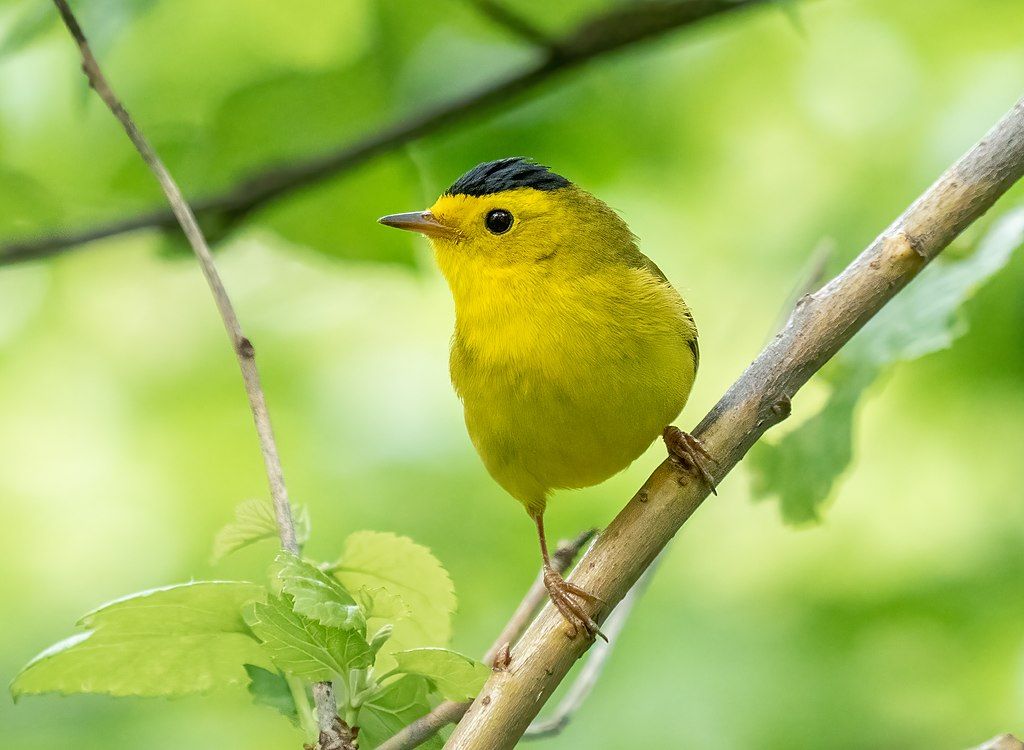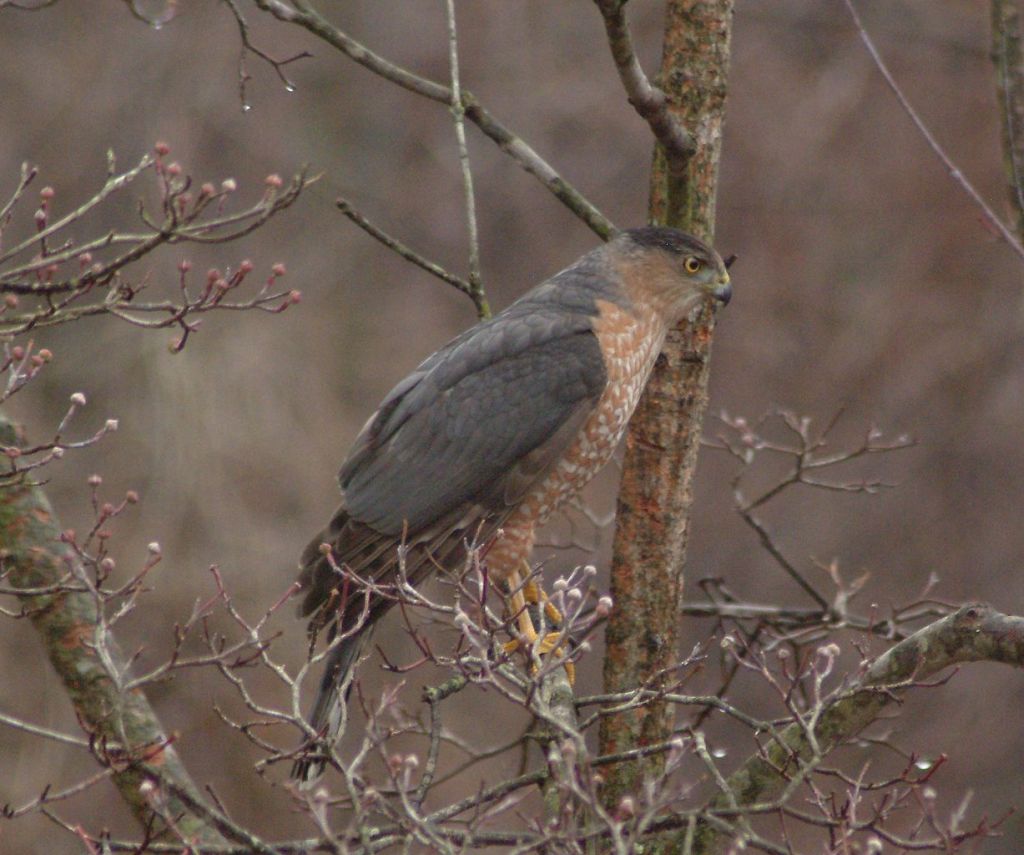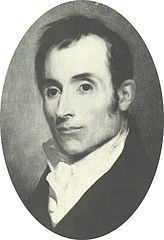
6 November 2023
By now you’ve probably heard that a lot of bird names are going to change in the U.S. and Canada.
The American Ornithological Society [AOS] has vowed to change the English names of all bird species currently named after people, along with any other bird names deemed offensive or exclusionary.
— NPR: These American birds and dozens more will be renamed, to remove human monikers, 1 November 2023
The AOS can do this because they have jurisdiction over all the bird names in the Americas. Every year they make 5-10 name changes, usually among scientific names due to new DNA research, and we birders cope. This project is larger and will take several years as they change the common English names of 70-80 birds.

My first reaction was typical. I don’t like change unless I instigate it so I thought: “This sounds like an overreaction to the name problem. All the field guides will be out of date(*ummm, they already are). It’ll be an ordeal to change the data when 4-letter bird banding codes, based on the English names, change as well. I don’t want to do this. Stop Change.”
But then I changed my mind because … I made a list of names that will change and began to invent new ones and the new names were better than the old ones. I could see the point. Here are two examples.
The Wilson’s warbler (Cardellina pusilla), pictured at top, has held the same English name for 185 years, though its scientific name has changed five times since it was first described in 1811 by Alexander Wilson. Its current 4-letter banding code is WIWA.
Suppose it’s new name becomes “black-capped warbler” as suggested by my friend Shawn Collins. It’s so much more descriptive! When someone asks, “What is that warbler with the black cap?” the answer is obvious. The new banding code would be BCWA.
The Cooper’s hawk (Accipiter cooperii), doubly named for ornithologist William Cooper, is most often noticed near backyard bird feeders because it eats birds for a living.

[The Cooper’s hawk] it is an inconspicuous species. However, since the 1970s, Cooper’s Hawks have commonly nested in suburban and urban landscapes, such that it is likely the most common backyard breeding raptor across North America.
— Birds of the World: Cooper’s hawk account
Suppose its new name becomes “backyard hawk.” When someone says, “There’s a hawk in my backyard…” the answer is almost obvious (there are several possibilities). The new banding code would be BAHA.
AOS might not use these suggestions but I’m happy to have found names that are unique and available as well as the proposed banding codes.
So now I’m a bit excited by the prospect of fixing up the people-names.
Meanwhile, learn more about the project at AOS’s English Bird Names Project FAQ and the people behind some of the names at Learn About the People Certain Birds Are Named After.
p.s. Who was Alexander Wilson? According to Wikipedia he was:

- Born in Scotland in July 1766
- Held all kinds of jobs: herder, journeyman, peddler, weaver and then…
- Became a poet, sometimes satirical & incendiary enough to get arrested. One popular poem started a libel suit against him which he countered by blackmailing the libeler.
- He was living in poverty so he decided to emigrate to America in 1794 at age 27.
- In the U.S. he taught school for 5 years until he got into a scandal with a married woman.
- And then he met naturalist William Bartram who encouraged his interest in birds and painting. Wilson traveled, sketched, painted and described birds. His illustrations and descriptions of 268 birds included 26 which had not been described before. The way he posed the birds inspired other bird illustrators including Audubon.
- He died in poverty in 1813 at age 47.
When Alexander Wilson got hooked on birds he became a very good observer, illustrator and ornithologist in the final decade of his life (1802-ish to 1813). Wilson’s warbler was named for him 25 years after his death.
Humans are complicated.
(credits are in the captions except for the Stop Change sign formerly used by Pittsburgh Regional Transit to denote a BUS stop change. I used to have that sign hanging in my office.)
Leave the names alone. Changing them after nearly 200 years is a bunch of boloney. What’s so offensive about naming a bird (or anything else for that matter) by the person who first described that thing. People these days are just way too easily offended.
Backyard Hawk would be mostly Redtailed in my yard, and Sharp-shinned could also fit that category. You need more specificity.
I would rather that they leave the names alone too, but I am sure they will do what they want. Why do we seem to want to obliterate history? Sorry….I am usually not negative, but I like the name “Cooper’s Hawk”.
How will the highly offensive White Breasted Nuthatch be renamed? That poor bird has a lot going against it’s name. Three strikes, it’s out. I agree with those who want to leave the names alone!
I don’t understand the impetus behind this. If the names are not offensive, why change them? There are beaucoup numbers of flowers whose Latin names are either honorific or named after the people who identified them. Are we going to start changing all of those also? This makes no sense whatsoever.
Mary Ann, I don’t think they’re going to mess with the scientific names as part of this project since the impetus for scientific changes is based on taxonomic reclassification.